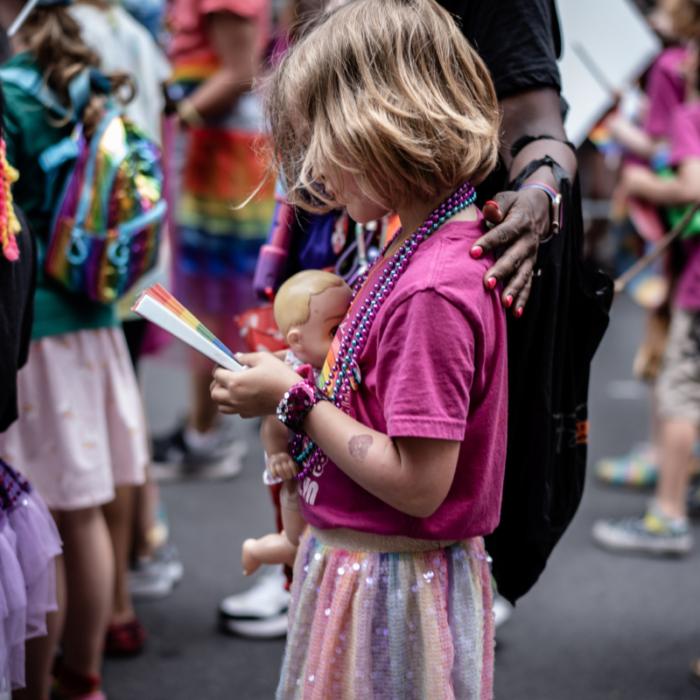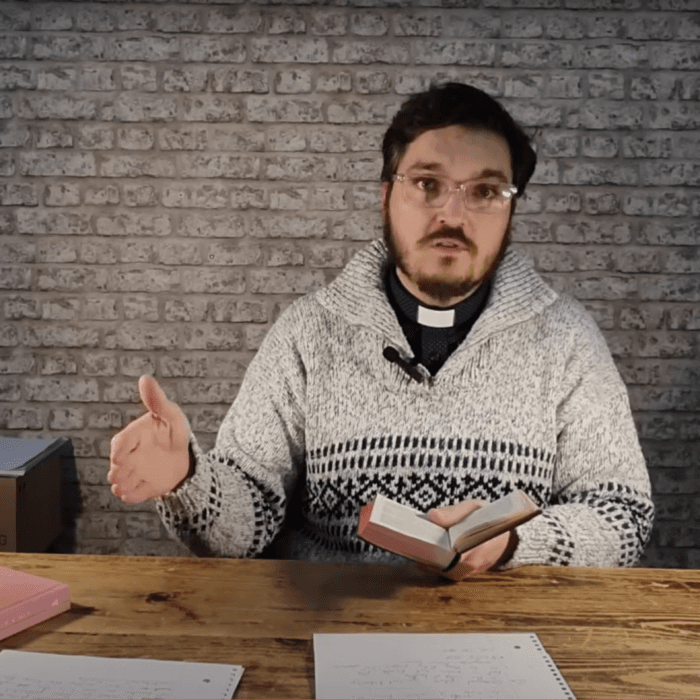A Church of England report has described the “indiscriminate use of social media” as leaving people in danger of becoming “stupid.”
But it goes further and says social media has made society quicker to judge others and less discerning in the way it trusts reliable sources of information.
The report, which will be presented to the General Synod next month, suggests people who consider themselves Christians imagine what they write on X is printed out in a document and then they are, “asked to sit down with Christ and read it.”
The report says, “We delude ourselves into thinking we are more informed because of the ease of access to volumes of information.”
Has Social Media Made Us ‘Trigger Happy’?
The report says people, “are increasingly trigger happy in our amplification, pace and tone of judgement on our individual leaders” and are, “becoming lax in our scrutiny of whether the very information or source we are accessing to underpin those judgements is accurate or reliable.”“Some are in danger of failing to seek out counterarguments on the web and in so doing becoming less, not more, informed. In some exchanges we are insufficiently rigorous in tracking the identity of the source itself or questioning the source’s motives,” it adds.
The report is co-authored by Professor Emeritus David Ford, from the University of Cambridge, Veronica Hope Hailey, a professor at the University of Bristol, and Gordon Jump from the National Church Institutions.
The report says the amount of time Britons spend online and the “ubiquity of social media in our work and personal lives has shifted how we relate to each other.”
It describes the social media age as a “valley of perpetual scrutiny” and says many people are quick to pass, “knee-jerk judgement based on unreliable information.”
“In times of uncertainty, people need to be able to turn to a church and believe that it will act with integrity, goodwill and transparency. Church leaders also need to be seen to hold themselves to account for higher levels of trustworthiness than the society they serve,” it concludes.







